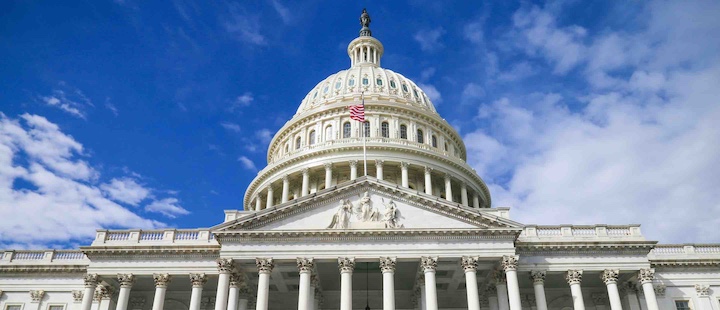While inflation rates in the U.S. and Eurozone are approaching the targets of the respective central banks and thus expanding the scope for interest rate cuts, this has caused price movements between currency pairs on the foreign exchange market. Political developments are playing an increasing role as well and should be taken into account when weighing up the opportunities and risks.
In this CIO Viewpoint FX – Central banks at the helm – we explore anticipated central bank policy moves, their potential impact on currency pair volatility, the outlook for the next twelve months and the possible developments in currencies that investors should take into account in their investment decision-making.
Key takeaways:
- The ECB entered the interest rate cut cycle three months earlier than the Fed. However, since late summer the FX markets have been focusing on the Fed, which then also dared to take a bold first interest rate step. The respective future interest rate paths are likely to have a decisive influence on the price of the currency pair.
- After another interest rate hike by the BoJ and a massive unwinding of "carry trades", the yen was by far the strongest G10 currency in Q3. Further monetary policy activities by the Fed and the BoJ are likely to remain price-determining.
- In the wake of the JPY appreciation and after the announcement of massive stimulus from the central bank and the government of China, the CNY also appreciated noticeably. The U.S. elections remain an extremely important factor.







